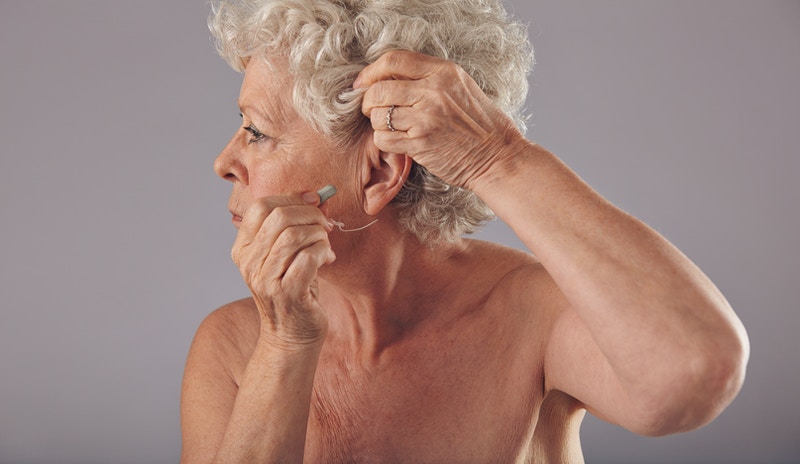

It is easy to take our hearing for granted. While eye examinations and regular dental check ups are the norm for most families, hearing protection and testing is often overlooked. Yet our ears provide a vital and useful service to us and experiencing any form of hearing loss or damage can be devastating. While hearing loss is often thought of as something that effects mainly the elderly — a third of 65+ year olds have some form of hearing loss – it can impact a person at any age and a child with even minor hearing loss can miss as much as half of classroom discussion, thus negatively effecting their academic progress. Interestingly, although few think about, hearing loss is actually the second most common health issue worldwide, with more people experiencing some form of hearing loss than all those living with Parkinson?s, epilepsy, Alzheimer?s and diabetes combined.
Sadly, although hearing aid tests and tinnitus hearing tests are widely available, many people avoid having them. In fact, most hearing loss sufferers wait about seven years before receiving any form of testing or help, and while hearing aids can significantly improve the quality of life of 70 year olds with hearing loss, for example, less than a third actually use them. In the 20 – 69 year age group of hearing loss sufferers, only 16% use hearing aids. In the United States alone there are about 15 million people with hearing loss who actively avoid getting help.
Hearing loss or damage can result from a number of factors, including genetic abnormalities and exposure to loud noises. What few realize is that as many as 15% of 20 to 69 year old Americans have high frequency hearing loss as a result of noise exposure, whether at work or in leisure environments such as concerts. Even spending time in a noisy subway for a quarter of an hour a day can cause permanent damage to a person’s hearing over time. In many instances hearing loss can be addressed by the use of hearing aids.
Other hearing problems can also interfere with a person’s ability to function normally. Tinnitus, which is a ringing in the ears, can be especially distressing and severely limit quality of life. There are more than 50 million people in the United States living with tinnitus. Over the past year, more than half that number have had some form of tinnitus for five or more continuous minutes, and about 10% of Americans experience it regularly. Ringing ears can be quite debilitating and many chronic sufferers experience depression.